James Lasdun’s latest novel, billed as a psychological thriller, opens in Brooklyn in the summer of 2012. Charlie and his cousin Matthew are about to leave New York to spend the season in Charlie’s mountain-top residence in the Catskills, where they are to unite with Charlie’s wife, Chloe. The relationship between Charlie and Matthew is ostensibly unequal: Charlie is a wealthy former banker who feels uneasy about the morality of his sometime profession; Matthew is comparatively poor, has drifted in and out of the food industry, is haunted by the absence of his father (who disappeared when Matthew was a boy), and is creepily enraptured by Charlie’s wife.
Yet beneath the apparent inequality lies a shared, and initially unspoken, sense of resentment: Matthew feels he was stiffed by Charlie during their schooldays in London; Charlie suspects Matthew is stealing from him and trying to bring about his ruin. When, in the midst of these anxieties, the trio gather in the Catskills for their holiday, they spend their time eating, drinking, playing tennis and — in Matthew’s case — indulging in the odd bit of snooping. He watches Chloe take midnight swims; he creeps around the bedroom she shares with Charlie (and finds a pair of Chloe’s knickers); and one day, while out collecting provisions, he sees Chloe’s car somewhere it shouldn’t be and — ‘with a kind of play acting of husbandly suspicion’ — decides to follow her. She leads him to a local motel.
From this point, Matthew occupies himself by wondering whether to tell Charlie about Chloe’s dishonesty (the nature of which I will spare you), and rehearsing arguments concerning the apparently thorny ethics of spying on his cousin’s wife.
Eventually, the whole situation unravels. And it does so in the most predictable way. You can see the fall guy losing his footing from page one. And the developments that will lead to the particular form of his demise are signposted so early and clearly that you feel yourself guided by a hyper-vigilant sat-nav system: ‘slight twist in road in 13 miles’.
These deficiencies are compounded by the tedium of Matthew’s ethical and existential ruminations, and by the relentlessly insipid prose. Here hours are ‘ungodly’; heat is ‘stifling’; minds are ‘reeling’; hearts are ‘racing’ and events take ‘a turn for the worse’.
But Lasdun does somehow manage to keep the pages flicking by. The Fall Guy might be lacking in psychological insight and narrative excitement. But it manages to offer the more workaday pleasure of undemanding diversion.
Got something to add? Join the discussion and comment below.
Get 10 issues for just $10
Subscribe to The Spectator Australia today for the next 10 magazine issues, plus full online access, for just $10.
You might disagree with half of it, but you’ll enjoy reading all of it. Try your first month for free, then just $2 a week for the remainder of your first year.

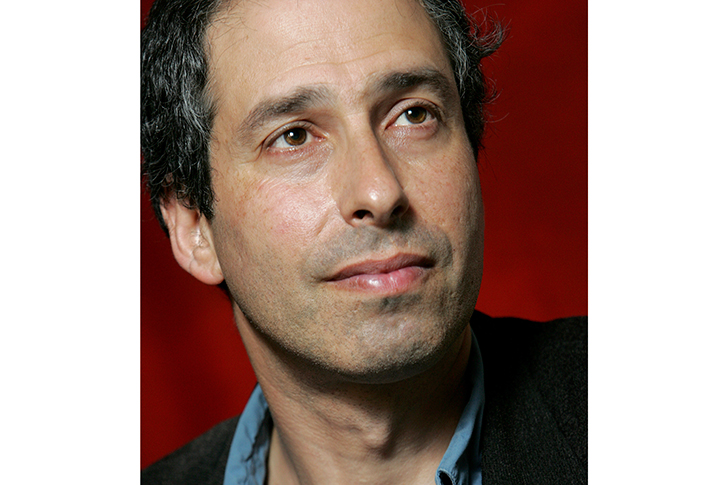
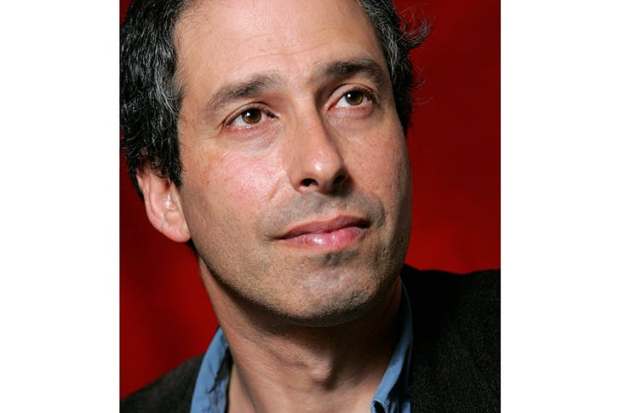
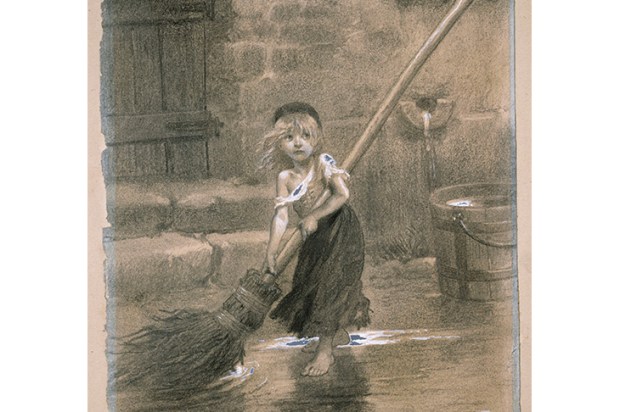
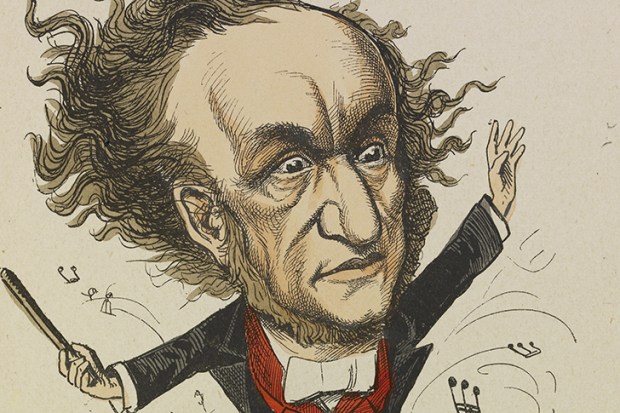
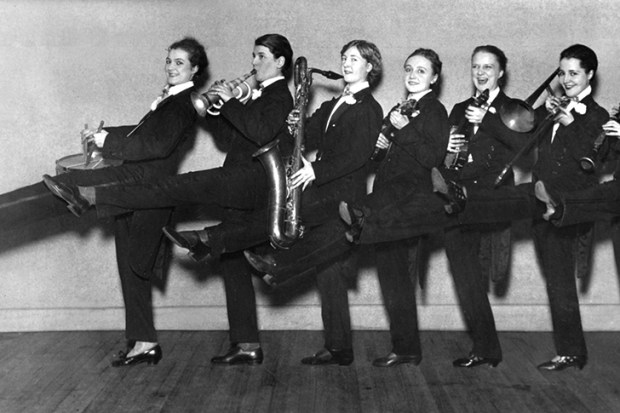
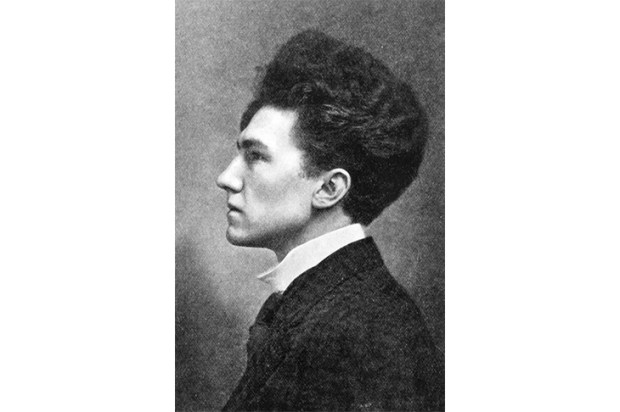
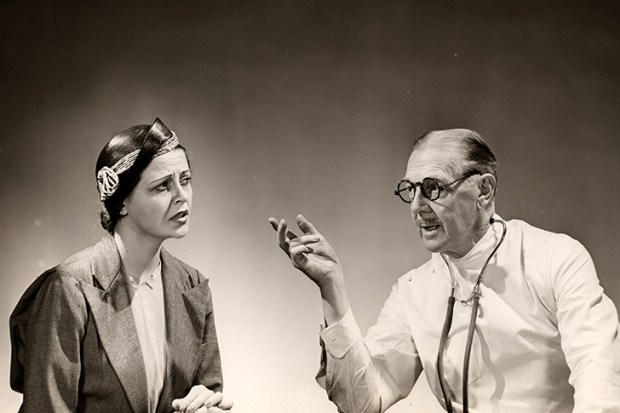






Comments
Don't miss out
Join the conversation with other Spectator Australia readers. Subscribe to leave a comment.
SUBSCRIBEAlready a subscriber? Log in